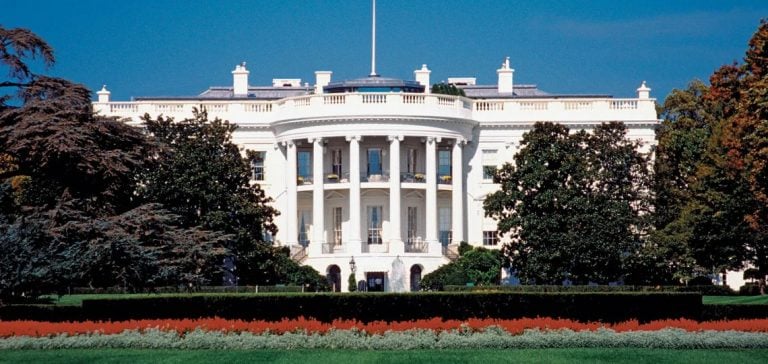The American presidential election promises to be pivotal for global climate policy. Candidates Kamala Harris and Donald Trump hold diametrically opposed views on energy and environmental policies, turning the election into a critical choice between climate commitment and support for fossil fuels. In a context where the United States, the world’s second-largest greenhouse gas emitter after China, plays a vital role in climate negotiations, the implications of this election extend far beyond American borders.
Donald Trump’s stance on climate remains consistent with his previous term: he has labeled climate change a “hoax” and pledged to revive large-scale oil drilling if re-elected. A Trump victory could thus increase American greenhouse gas emissions and slow the global momentum toward an energy transition. His election could weaken the U.S. influence at the upcoming COP29, scheduled for six days after the vote, potentially jeopardizing efforts to ramp up financial support for vulnerable countries facing climate impacts.
A Step Backward on Climate Commitments
During his presidency, Donald Trump withdrew the United States from the Paris Agreement, a decision reversed by his successor Joe Biden. This agreement commits the United States to reducing its greenhouse gas emissions by half by 2030 compared to 2005 levels. To date, the country has reduced its emissions by 18%, but experts highlight that sustained efforts are needed to reach the target. According to political scientist Leah Stokes, a second Trump term would mean a “complete reversal,” with worldwide consequences.
Trump has also promised to lift Biden’s moratorium on new liquefied natural gas (LNG) export terminals and to dismantle regulations aimed at accelerating the adoption of electric vehicles. Although some car emission regulations do not mandate electric vehicle purchases, they aim to curb CO2 emissions. Trump plans to repeal Environmental Protection Agency (EPA) regulations on emissions from coal-fired power plants, though experts predict that such actions would likely lead to legal challenges.
What a Harris Presidency Would Mean for Climate
Kamala Harris, on the other hand, is committed to maintaining U.S. leadership on the global climate stage. As a senator, she supported the “Green New Deal,” a proposal for significant reductions in greenhouse gas emissions, which Trump dubbed the “Green New Scam.” During her campaign, Harris took controversial positions, including supporting a ban on hydraulic fracturing, a polluting method of extracting oil and gas. However, to avoid alienating voters in key states like Pennsylvania, she has since softened her stance, advocating for diversified energy sources.
U.S. environmental associations overwhelmingly support Harris, citing her record on climate. She was instrumental in passing the Inflation Reduction Act (IRA), a law calling for massive investments in the energy transition, which Trump criticized and intends to cut any unspent funds. Nevertheless, many Republican lawmakers, including some of Trump’s allies, recognize the economic benefits of the tax credits included in the IRA.
An Uncertain Climate Future for the United States
The climate future of the United States appears uncertain in light of these opposing visions. According to an analysis by Carbon Brief, a Trump victory would result in an additional 4 billion tons of CO2 emissions by 2030, equivalent to the combined annual emissions of Europe and Japan. Although some states and private companies maintained their climate commitments during the Trump administration, rolling back federal regulations could undermine national efforts to reduce emissions.
The results of the American election will weigh heavily on global climate strategies. Whether to stay the course toward a green economy or return to fossil fuels, American political decisions will profoundly influence emissions reduction efforts and the dynamic of international climate negotiations.





















